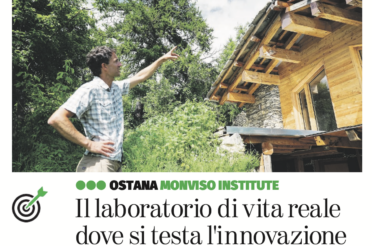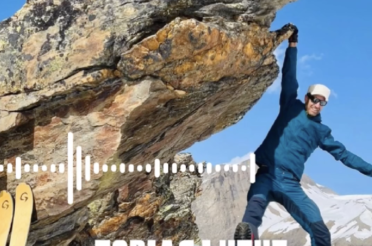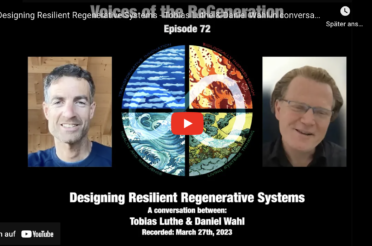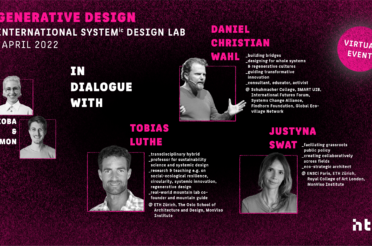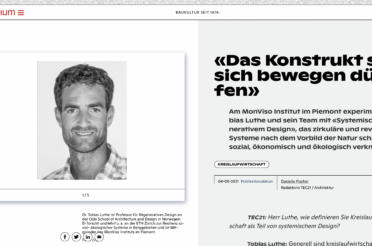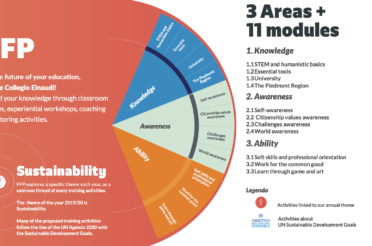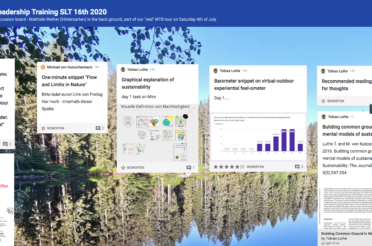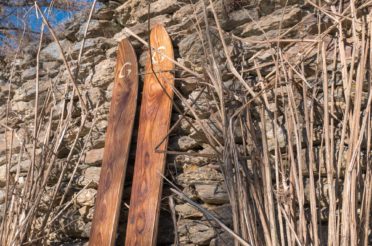The recent edition of Greenpeace Magazin is a special issue on the Alps – named “Die Zauberberge“. This magazine provides a facet of alternative views on the diversity of nature and culture in the European Alps beyond mass tourism and the enduring attempt to technically adopt to climate change.
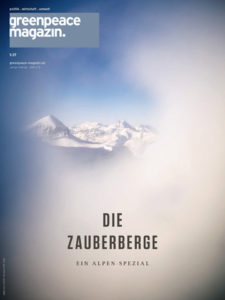 The authors advocate alternative views with more diverse and flexible ways of life and of doing business in the Alps. Change is inevitable and entails chances for responsible innovation.
The authors advocate alternative views with more diverse and flexible ways of life and of doing business in the Alps. Change is inevitable and entails chances for responsible innovation.
The journalist Christian Schmidt is narrating his perspective on the Swiss luxury destination Gstaad and its fight against the local impacts and threats of climate change. In the last part of his narration about four seasons, “autumn hope”, I contribute with a vision of a different, circular economic model for a mountain community like Gstaad. If we better connect the existing, find new synergies between different economic sectors and think beyond the disciplinary understanding of tourism, there is a great chance to increase adaptive and innovative capacity of this and other mountain communities. It demands someone to take the lead and get started, though. Hopefully we don’t need to wait until the crisis pushes the system to react, but rather we become designers of a deliberate transformation towards sustainability.
>> Read the article part based on the interview with me in “Autumn hope” (German)
Further reading on how social-ecological systems can cope with change and crises:
Luthe. T. and R. Wyss. 2015. The Capacity of Social-Ecological Systems for Planning Resilience: Introducing Adaptive Waves. Sustainability Science 10(4):673-685. DOI: 10.1007/s11625-015-0316-6.
